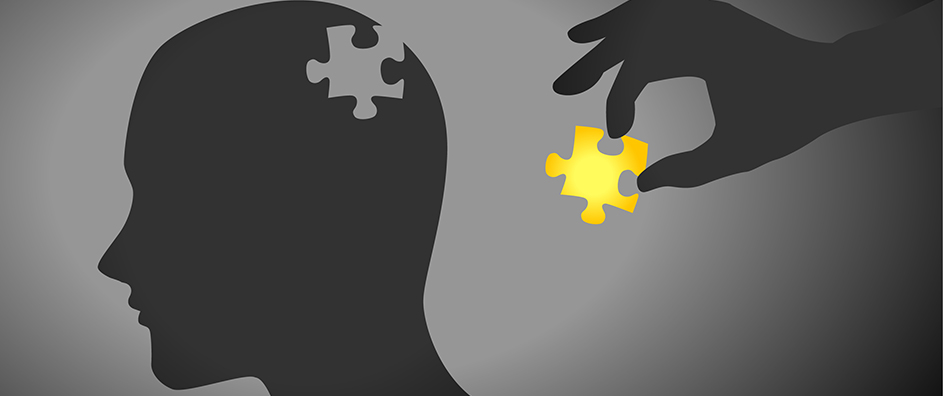In the exploration of spirituality and personal development, the concept of bravery often emerges as both an intrinsic trait and a cultivated virtue. This duality provokes a fundamental question: is bravery merely a reflex, a spontaneous reaction to perilous stimuli, or can it be perceived as a conscious choice—one that is integral to spiritual maturation? Within the Bahá’í framework, addressing this question invites a profound examination of the nature of bravery itself and the holistic implications of embracing it as part of one’s spiritual journey.
Firstly, it is essential to delineate the intersection of reflexive reactions and conscious decision-making. The human response to danger typically manifests as a reflex—an immediate reaction designed for survival. Evolutionarily speaking, such instinctual behaviors were paramount for the preservation of life. For instance, the fight-or-flight response illustrates this automatic mechanism, prompting individuals to act swiftly in the face of perceived threats. However, while these reflexes are inherent, they are not the sole manifestations of bravery.
In essence, reflexive bravery lacks deliberation; it is immediate, visceral, and often dictated by biology. In contrast, the notion of conscious bravery entails a deliberate choice to act in accordance with one’s values, beliefs, and spiritual convictions, particularly in the face of adversity. This volitional bravery is reflective of a deeper understanding of one’s purpose and the responsibilities that come with one’s spiritual aspirations.
From a Bahá’í perspective, the cultivation of conscious bravery is emphasized as a crucial aspect of personal and communal development. Adherents believe that genuine bravery transcends momentary reactions; it necessitates contemplation and intention. Individuals are encouraged to engage with their inner selves, questioning the forces that motivate them to act bravely. Are their actions guided by social conditioning, or do they stem from an authentic alignment with spiritual principles? This inquiry into the motives behind one’s bravery fosters a profound connection with one’s spiritual essence.
This exploration of conscious bravery also leads to the moral dimensions associated with courage. Bravery involves standing up for justice and truth, particularly when faced with societal opposition or personal risk. In situations where moral integrity is challenged, Bahá’í teachings advocate for the conscious choice to uphold ethical standards and demonstrate fortitude. This intellectual and spiritual rigor compels individuals to confront not only external adversities but also internal dilemmas. The conscious embrace of bravery, thus, becomes a transformative journey rather than a singular act.
Moreover, the practice of conscious bravery has far-reaching implications for community dynamics. In a world rife with division and conflict, individuals who embody and exemplify spiritual courage can inspire transformative change. The Bahá’í community encourages collective bravery—whereby individuals support and uplift one another in facing fears, pursuing justice, and fostering dialogue. This communal aspect of bravery aligns with the Bahá’í ideals of unity and collaboration, suggesting that spiritual development is not a solitary endeavor. Instead, it flourishes in environments where individuals hold each other accountable and challenge each other to act bravely.
Another vital component of bravery in the Bahá’í context is the interplay between fear and courage. It is crucial to acknowledge that fear, while often seen as an impediment, can also serve as a catalyst for bravery. The existence of fear can compel individuals to confront obstacles head-on—encouraging them to engage in acts that require moral and ethical fortitude. This nuanced relationship fosters a deeper appreciation for bravery not merely as an absence of fear, but as an ability to transcend fear through conscious choice.
Furthermore, the process of making courageous decisions necessitates resilience—an essential attribute in the pursuit of spiritual growth. Resilience empowers individuals to recover from setbacks and reiterate their commitment to brave actions despite facing failures. The Bahá’í principle of perseverance underscores the importance of remaining steadfast in one’s beliefs even amid trials. This perseverance reinforces the concept that conscious bravery is an ongoing journey; it is not confined to isolated instances but rather a continual commitment to live authentically and to remain true to one’s convictions.
As we contemplate the nuances of bravery within the Bahá’í teachings, it becomes evident that the dichotomy of reflex versus conscious choice is not a binary but interwoven. On one end lies reflexive behavior shaped by instinct, while on the other, conscious bravery emerges as a cultivated virtue, essential for spiritual development. Striking a balance between these aspects facilitates a holistic approach to personal growth. It allows individuals to harness their innate responses while also guiding them towards lofty ideals encapsulated by reflective practice.
In conclusion, the exploration of bravery transcends mere definitions; it encompasses existential inquiries into the nature of humanity, the role of spirit, and the relationships we cultivate in our societies. The Bahá’í perspective on bravery as both a reflex and a conscious spiritual choice invites individuals to deepen their understanding of what it means to act courageously while reminding them of their potential to effectuate meaningful transformation within themselves and in the communities they serve. By adopting this integrated approach, one can navigate the complexities of modern existence with grace and fortitude, fostering a legacy of bravery that resonates through collective consciousness.
